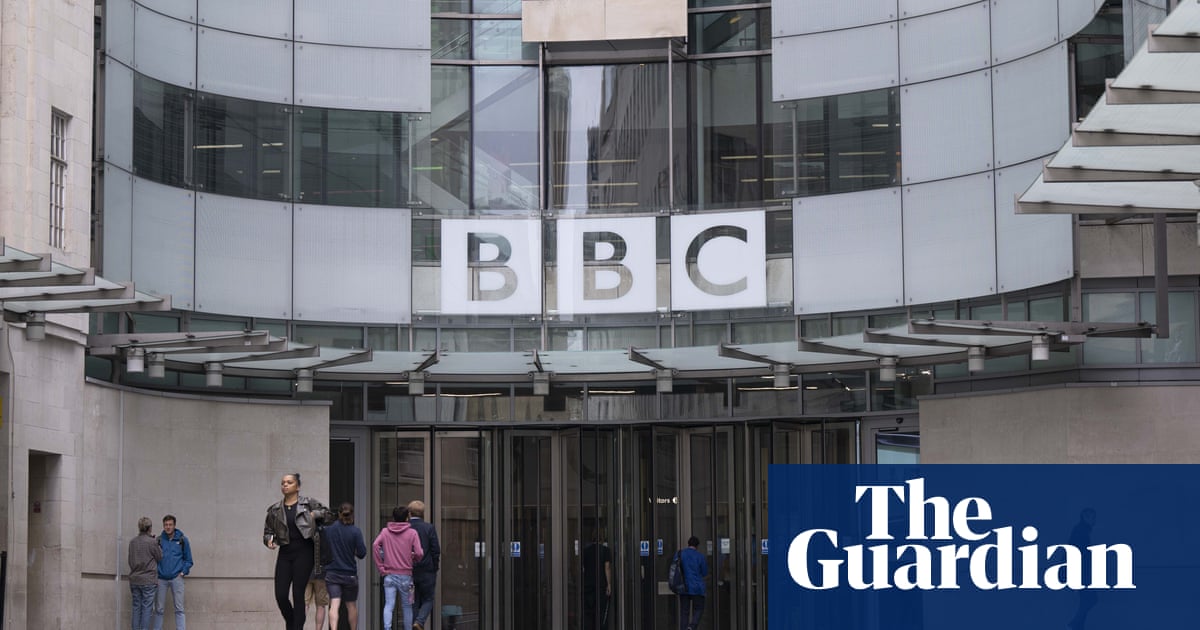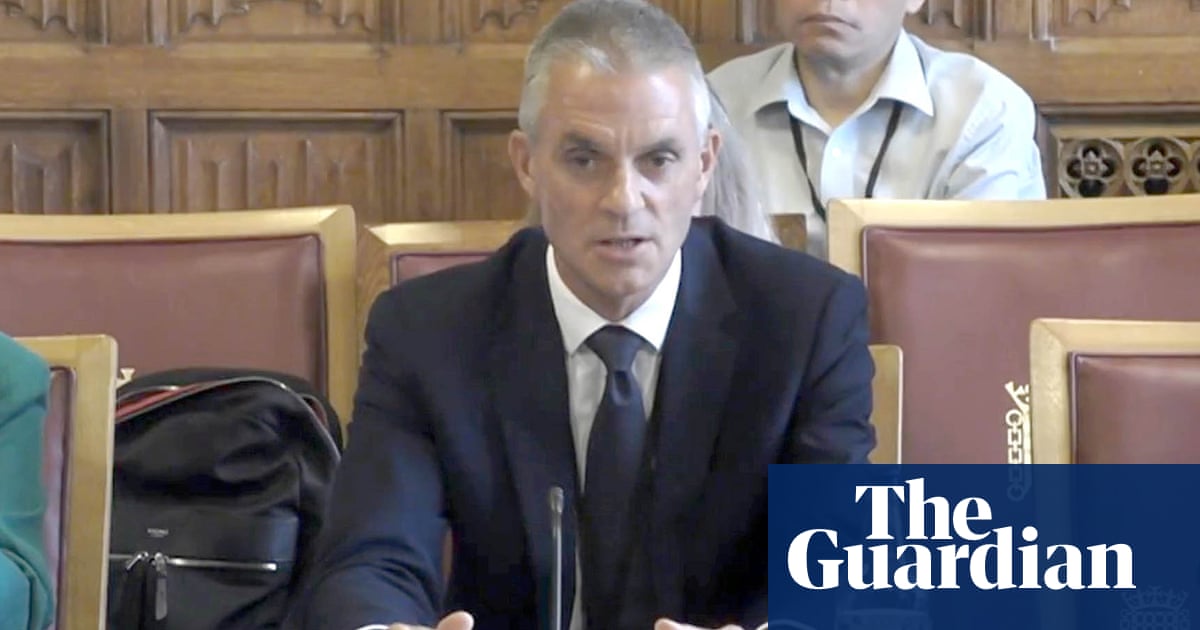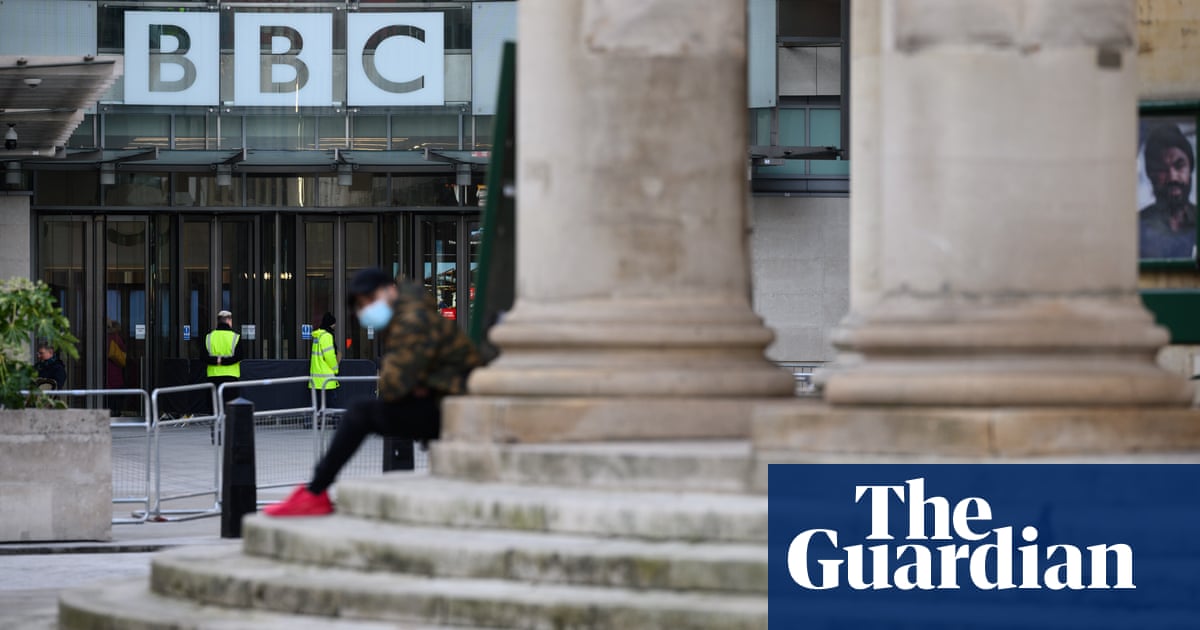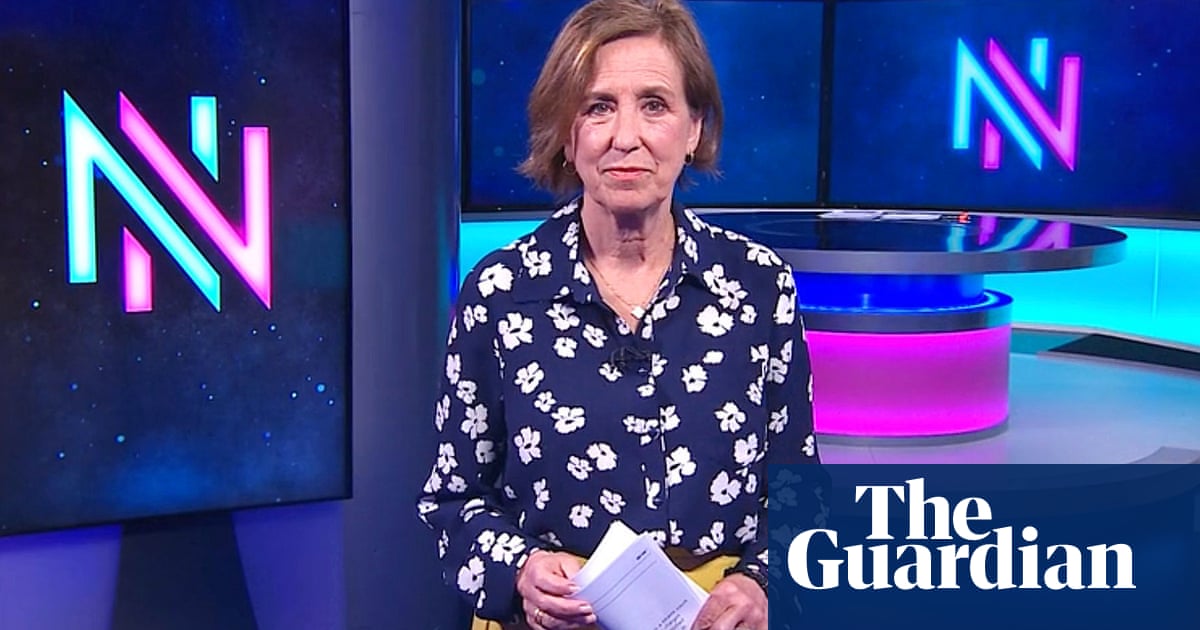
The BBC is facing a review into its funding model with subscription, a broadband levy and even advertising touted as potential alternatives to the licence fee.
Ministers are expected to formally announce a review of its funding model in the autumn that will assess the advantages and disadvantages of each option.
The BBC’s annual report, published last week, revealed that the number of active licences had fallen by 500,000 to 24.4m since last year.
A government source told the Times: “The evidence that there is a growing unwillingness to pay is shown by figures each year. The licence fee model is becoming unsustainable.”
With the reduction in licences, the BBC made £3.74bn in fees last year, down from £3.8bn the year before.
In the BBC’s annual report and accounts for 2022-23, the broadcaster said the “increasingly competitive” media landscape had led to increased financial pressure.
News of the funding review comes as the licence fee faces its biggest increase for 20 years in April next year after a two-year freeze.
The BBC’s royal charter – which sets out the corporation’s mission, purpose and funding model – is up for renewal in 2027.
The Times reports that the review of BBC funding is expected to examine “all options” for the future of the corporation. A partial subscription model, where some premium content is paid for while the bulk of the corporation’s output remains free to air, is said to be a frontrunner.
The review will also assess whether the BBC could make more money commercially. BBC Studios, the corporation’s production arm, made £240m in profit last year.
Advertising, the main source of funding for commercial television channels, is also reportedly up for consideration.
The BBC has previously floated the idea of funding its services through a levy on broadband connections. It said that linking the fee directly to an existing household bill, such as broadband, could make the licence fee easier to enforce.
Recently, the former chair of the BBC Richard Sharp called the licence fee system “regressive” and said that wealthier families may have to pay more to access the corporation’s services, potentially through a tax on broadband bills or a household levy based on property value.
A spokesperson for the Department for Digital, Culture, Media and Sport said: “We remain committed to reviewing the licence fee model ahead of the next charter period to explore the potential for alternative ways to ensure the BBC remains appropriately funded over the long term.”
Last week one of the BBC’s news presenters, Huw Edwards, was accused of paying a young person paying for sexually explicit photographs.












